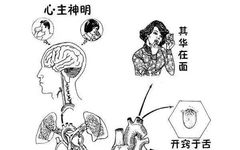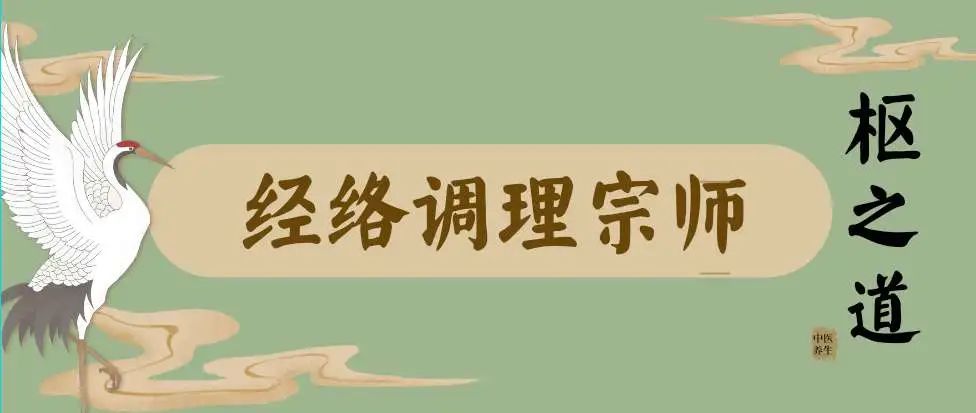
The five organs in Traditional Chinese Medicine (TCM) refer to: Heart (Xin), Liver (Gan), Spleen (Pi), Lung (Fei), and Kidney (Shen) (the heart is covered by the pericardium).
 Functions of the Five Organs
Functions of the Five Organs
Heart (Xin)
The heart is the residence of the spirit, the master of blood, and the root of the pulse. It corresponds to the fire element in the Five Elements;
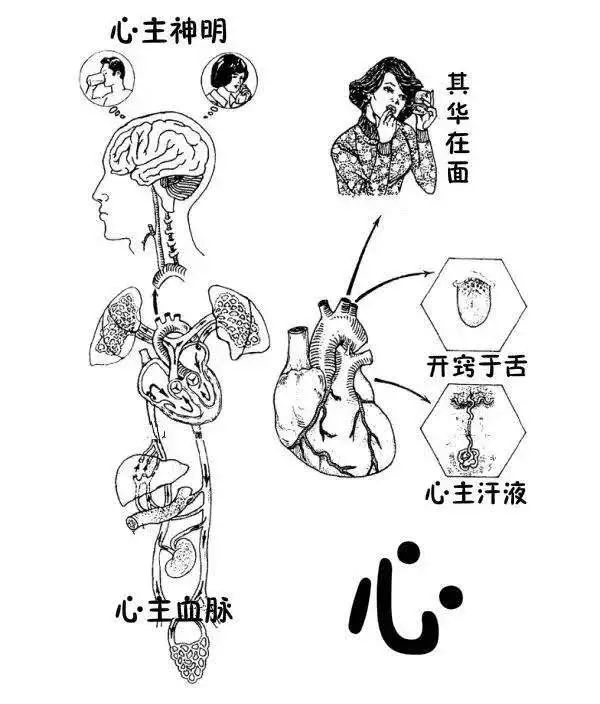
 Physiological functions: governs blood vessels; governs consciousness; the heart opens to the tongue, connects with the pulse in the body, its manifestation is on the face, associated with joy, and in fluids, it corresponds to sweat. The heart is interrelated with the small intestine.
Physiological functions: governs blood vessels; governs consciousness; the heart opens to the tongue, connects with the pulse in the body, its manifestation is on the face, associated with joy, and in fluids, it corresponds to sweat. The heart is interrelated with the small intestine.
Related to the Heart: Color (red), Taste (bitter), Sound (he), Emotion (excessive joy harms the heart).
Common Symptoms: Palpitations, chest pain, cyanosis of lips and nails, oral ulcers, neurasthenia, coronary heart disease, etc.
Lung (Fei)
The lung is the place of the corporeal soul, the master of qi, corresponding to the metal element in the Five Elements;
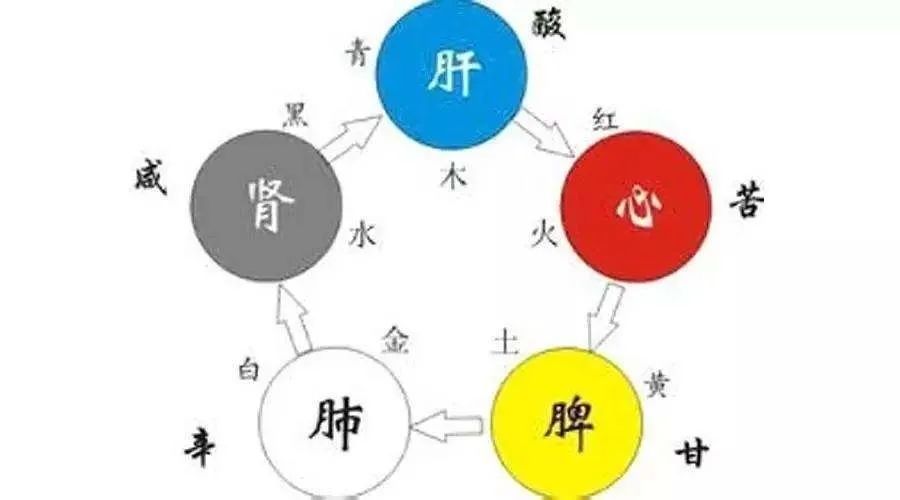

Physiological functions: governs qi, controls respiration; governs diffusion and descending; regulates water pathways; governs the hundred vessels and treats stagnation (congestion); assists the heart in regulating qi and blood circulation; the lung connects to the throat, corresponds to the skin, its manifestation is in hair, opens to the nose, associated with worry, and in fluids, it corresponds to mucus, the lung is interrelated with the large intestine, corresponding to the metal element.

Related to the Lung: Color (white), Taste (spicy), Sound (si), Emotion (excessive worry harms the lung).
Common Symptoms: Cough, shortness of breath, hemoptysis, susceptibility to colds, chronic bronchitis, asthma, rhinitis, rough skin, acne, etc.
Spleen (Pi)
The spleen is the source of qi and blood transformation, the foundation of postnatal life, stores thought, corresponding to the earth element..
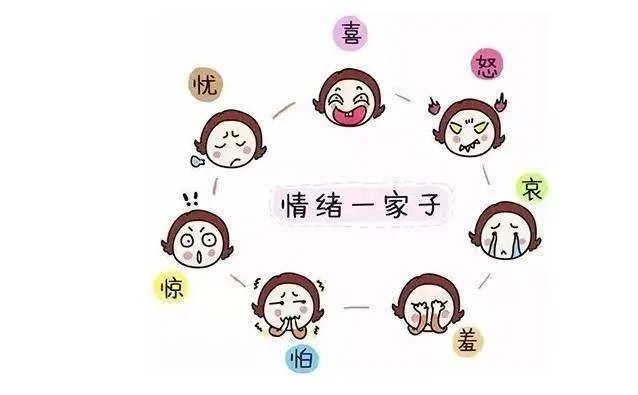

Physiological functions: governs transportation and transformation; governs the elevation of clear qi; governs blood regulation; opens to the mouth, corresponds to flesh, governs the four limbs, its manifestation is in the lips, associated with thought, and in fluids, it corresponds to saliva; the spleen is interrelated with the stomach.

Related to the Spleen: Color (yellow), Taste (sweet), Sound (hu), Emotion (excessive thinking harms the spleen).
Common Symptoms: Indigestion, loss of appetite, abdominal distension after eating, nausea, vomiting, diarrhea, belching, heartburn, gastritis, gastric ulcers, etc.
Liver (Gan)
The liver is the place of the ethereal soul, the storehouse of blood, the root of tendons, corresponding to the wood element, governs upward movement..
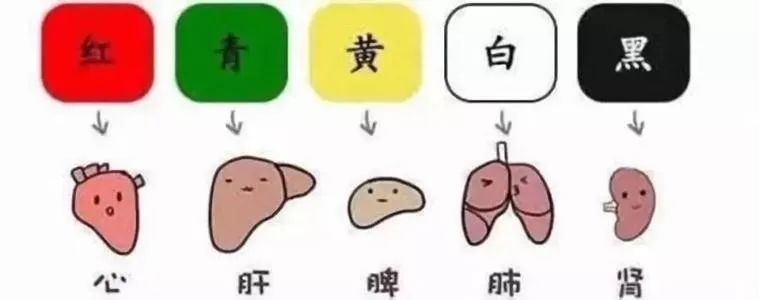

Physiological functions: governs smooth flow; stores blood; opens to the eyes, corresponds to tendons, its manifestation is in nails, associated with anger, and in fluids, it corresponds to tears; the liver is interrelated with the gallbladder.

Related to the Liver: Color (green), Taste (sour), Sound (xu), Emotion (excessive anger harms the liver).
Common Symptoms: Bitter mouth, dizziness, dry eyes, red and swollen eyes, pain in the flanks, liver disease, high blood pressure, high blood lipids, dry nails, etc.
Kidney (Shen)
The kidney is the foundation of congenital life, stores will, the waist is the organ of the kidney, corresponding to the water element;
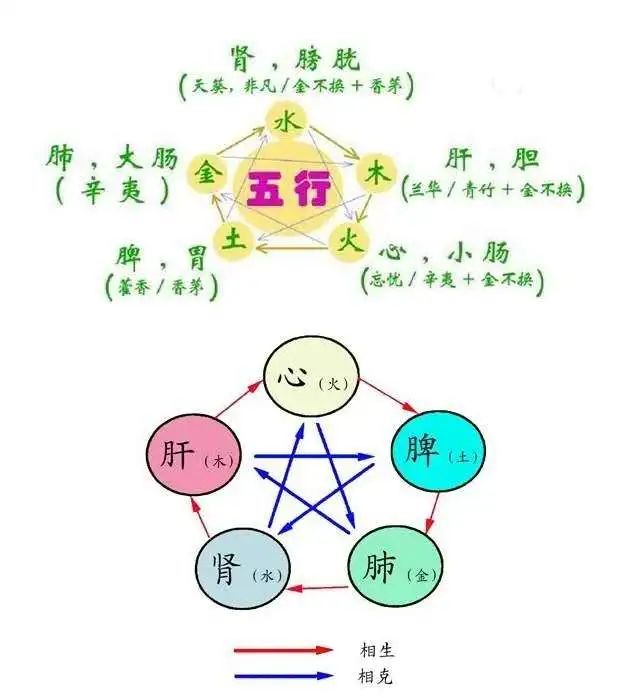
 Physiological functions: stores essence, governs growth, development, and reproduction; governs water; governs the intake of qi; corresponds to bones, governs bone marrow, its manifestation is in hair, opens to the ears and the two yin (anus and perineum), associated with fear, and in fluids, it corresponds to saliva; the kidney is interrelated with the bladder.
Physiological functions: stores essence, governs growth, development, and reproduction; governs water; governs the intake of qi; corresponds to bones, governs bone marrow, its manifestation is in hair, opens to the ears and the two yin (anus and perineum), associated with fear, and in fluids, it corresponds to saliva; the kidney is interrelated with the bladder.

Related to the Kidney: Color (black), Taste (salty), Sound (chui), Emotion (excessive fear harms the kidney).
Common Symptoms: Weakness in the lower back and knees, cold hands and feet, fatigue, loose teeth, osteoporosis, tinnitus, hair loss, kidney deficiency, infertility, frequent urination at night, prostate enlargement, decreased sexual function, etc.
The five organs are all classified as yin in terms of yin and yang, governing storage and not excretion.
 The Relationship Between the Five Organs and Health Preservation
The Relationship Between the Five Organs and Health Preservation
As long as there is a problem with “tendons”, treating the Liver (Gan) is correct.
As long as there is a problem with “bones”, treating the Kidney (Shen) is correct.
As long as there is a problem with “muscles”, treating the Spleen (Pi) and Stomach (Wei) is correct.
As long as there is a problem with “blood vessels”, treating the Heart (Xin) is correct.
As long as there is a problem with “skin and hair”, treating the Lung (Fei) is correct.
END

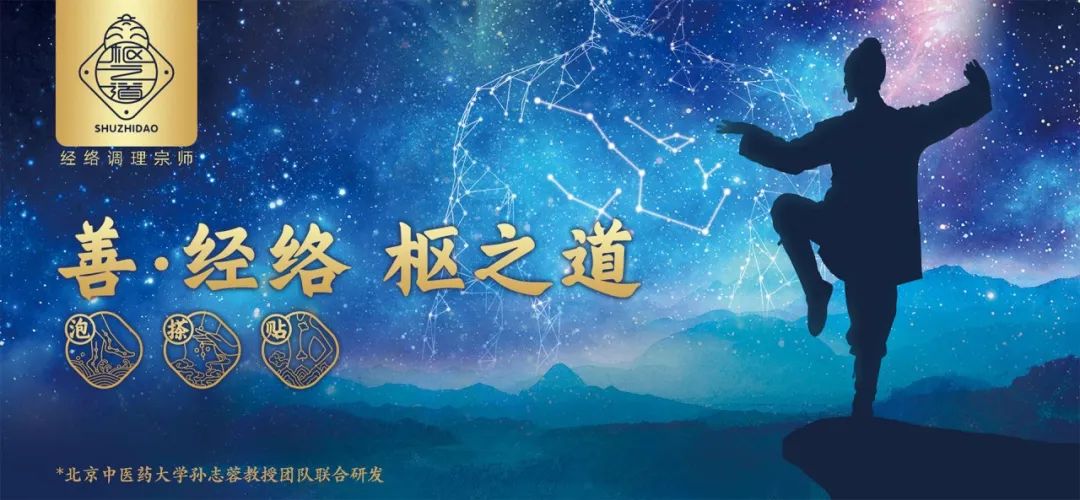
 Reposting is a form of motivation; sharing is a virtue.
Reposting is a form of motivation; sharing is a virtue.

